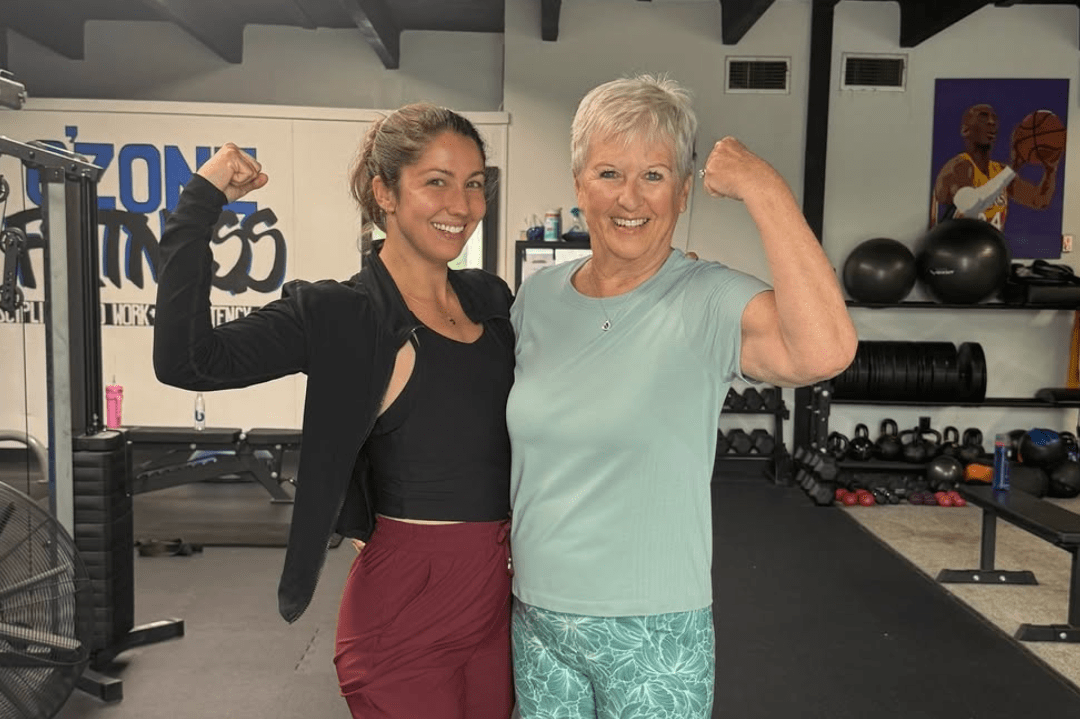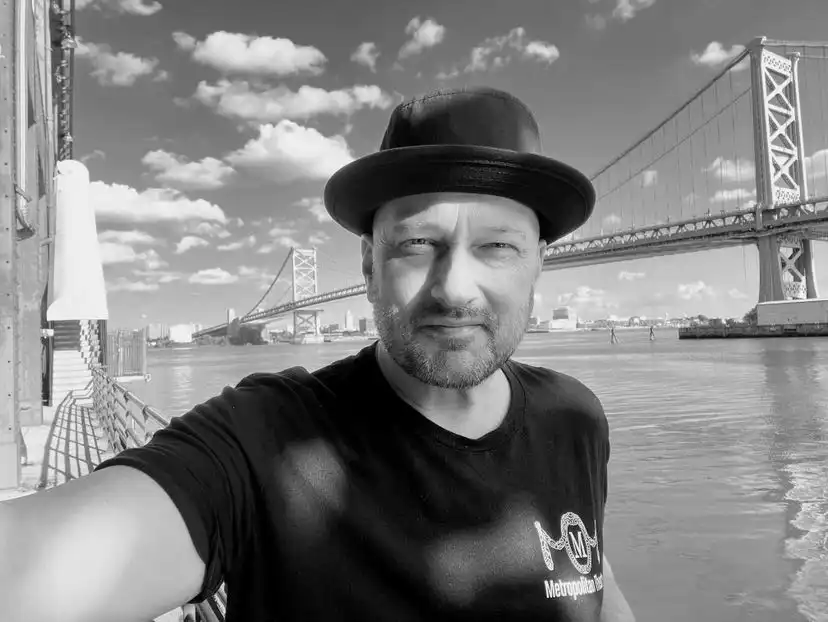The feeling of a life-altering diagnosis can often be compounded by its timing. For Corinne Davis, a routine mammogram in June 2024 revealed hormone-positive HER2-negative breast cancer, arriving just four days after celebrating her son’s fifth birthday and two months after her 41st birthday. As she describes it, “It could not have happened at a worse time.”
Corinne, who self-identifies as an athlete at her core, found her life abruptly rerouted. After a lumpectomy in August that showed the cancer had spread to her lymph nodes, she faced a brutal regimen of eight rounds of chemotherapy followed by 21 rounds of radiation that stretched from October 2024 to March 2025. While she finished chemo and radiation with strength and grit, the emotional and physical toll of treatment lingered long afterward.
The Unseen Damage: Starting Over After Treatment
For cancer survivors, the moment treatment ends is rarely the moment healing begins. For Corinne, the consequences were significant.
“The cancer treatment drastically affected my mental, emotional, and physical well-being,” she says.
After finishing treatment, Corinne found herself struggling with basic, functional movements. She was in desperate need of a structured program that could bridge the gap between physical therapy and a full return to her active life. The fear of losing consistency and momentum led her to search for help.“I was fearful that I would not be able to remain consistent with my fitness alone. I needed help, and Survivor Fitness showed up right on time,” she recalls.
A Partnership in Recovery: Finding Herself Again
The Survivor Fitness program managers helped Corinne connect with a dedicated team at 360 Fitness, where trainer Marissa guided her through every movement and exercise.“She pushed me when I needed it and provided great feedback on how to perform the movements that were more difficult for me to understand,” Corinne explains. The personalized attention and knowledgeable training environment allowed her to redefine herself.
“Being an athlete has always been who I am at my core. The Survivor Fitness program and 360 Fitness have made me feel like I can be athletic again. Breast cancer took so much from me, but this program did not let it take my strength, endurance, or mobility.”
For Corinne, this journey was about much more than just lifting weights; it was an act of reclamation.
“It was important for me to reclaim my health. I wanted to see the healed version of myself. An inactive Corinne is not an authentic Corinne. I wanted to look in the mirror to see an accurate representation of who I truly am.”
Corinne’s story shows the powerful things that happen when the medical side of care and the wellness side of recovery join forces. When doctors and wellness programs like ours work together, survivors are supported in every part of the healing process, during treatment and beyond.
Connection and Community: Continuing the Journey with a New Perspective
Corinne’s fight continues. Because her cancer was hormone-positive, she faces a long-term treatment plan: ten years of ovarian suppression injections, aromatase inhibitors, and CDK4/6 inhibitors. These medications, though life-saving, can cause debilitating side effects. But with the structure and support of Survivor Fitness, Corinne has found a way to combat these challenges head-on.
“The post-cancer medications I take to prevent recurrence are brutal on my body, causing weight gain, bone loss, fatigue, and joint pain. Survivor Fitness has helped me take back what cancer stole from me.”
Her experience has shifted her perspective on life, moving her toward a philosophy of connection and community. She recognizes the profound isolation she felt during and after treatment.“Survivor Fitness gave me a reliable and committed fitness community. It makes a huge difference knowing I have a community of trainers that work with me to help me achieve my goals.”
Equally important has been her family.
“I am forever grateful for my family and friends who supported me and dropped everything in their lives to show up for me. My husband continues to show up and do what is needed—he is my rock. My son has handled everything so well despite how much it rocked his world!”
Ready to Rebuild?
Corinne Davis’s journey illustrates how post-treatment life doesn’t have to be a return to life with limitations—it can be a reclamation of strength, confidence, and joy.
Her story also underscores the value of integrated survivorship—making sure medical treatment and wellness programs connect to help individuals recover and heal holistically.
Thanks to the generous support of our partners at Williamson Health, we can make the Survivor Fitness program available to more people who need it. This partnership allows survivors like Corinne to continue their healing with the strength and community they deserve.
If you or a loved one is a cancer survivor struggling to regain strength, mobility, and confidence after treatment, Survivor Fitness can help you write your own comeback story.
Take the first step toward reclaiming your authentic self. Learn more about our Survivor Fitness programs or apply today!


